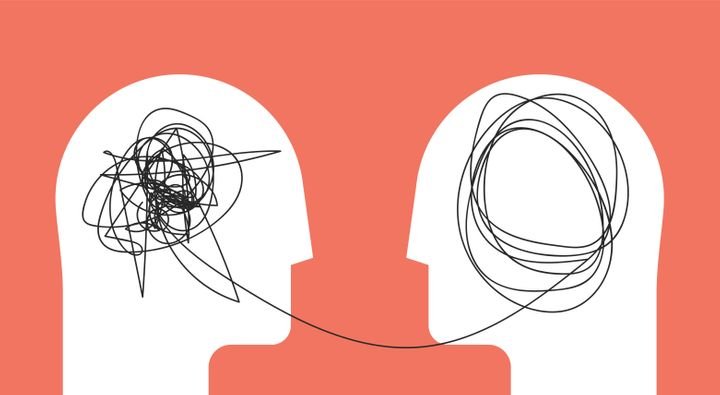
“There is no greater agony, than bearing an untold story inside you.” -Maya Angelou
Types of Therapy
Eye Movement Desensitization & Reprocessing (EMDR)
EMDR utilizes the natural healing ability of your body. After a thorough assessment and development of a treatment plan, you will be asked specific questions about a particular disturbing memory. Eye movements, similar to those during REM sleep, will be recreated simply by asking you to watch the therapist's finger moving backwards and forwards across your visual field. Sometimes, a bar of moving lights or headphones is used instead. Experiences during a session may include changes in thoughts, images and feelings. With repeated sets of eye movements, the memory tends to change in such a way that it loses its painful intensity and simply becomes a neutral memory of an event in the past. Other associated memories may also heal at the same time. This linking of related memories can lead to a dramatic and rapid improvement in many aspects of your life.
Cognitive Behavior Therapy
Cognitive behavioral therapy (CBT) is a type of treatment that helps individuals understand the thoughts and feelings that influence behaviors. This type of therapy is generally short-term. During the course of treatment, people learn how to identify and change destructive or disturbing thought patterns that have a negative influence on their emotions and behavior.
Family Systems Therapy
Family systems therapy helps address conflict within a family by each family member working to better understand their group dynamic and how their individual actions affect one another as well as the family unit as a whole. Family members will work on improving communication skills and interrupting negative patterns of interacting.
Trauma-Focused CBT
Trauma Focused Cognitive Behavior Therapy (TF-CBT) is a short term, evidence-based treatment protocol for children ages 3-17 who have experienced trauma and their parents. Trauma can include physical abuse, sexual abuse, domestic violence, natural disaster, etc. TF-CBT is proven to reduce symptoms of anxiety, depression and acting out behavior frequently displayed in children who have experienced trauma.
Dialectical Behavior Therapy
DBT is an evidence-based treatment protocol proven effective for individuals experiencing depression, eating disorders, borderline personality disorder, bipolar disorder, PTSD, self-harm and substance abuse. DBT is a skills based treatment and teaches individuals how to improve their ability to regulate emotions, tolerate distress and negative emotion, be mindful and present in the given moment, and communicate and interact effectively with others.
Gottman Method Couples Therapy
The Gottman Method is an approach to couples therapy that includes a thorough assessment of the couple’s relationship and integrates research-based interventions based on the Sound Relationship House Theory. The goals of Gottman Method Couples Therapy are to disarm conflicting verbal communication; increase intimacy, respect, and affection; and create a sense of empathy and understanding within the context of the relationship.
Cognitive Processing Therapy
Cognitive processing therapy (CPT) is a cognitive-behavioral treatment focused on helping adults overcome trauma and symptoms of Post-Traumatic Stress Disorder. It is one of the most effective treatments for PTSD and can be completed in 12-16 sessions.
Seeking Safety
Seeking Safety is an evidence-based treatment for adults with dual-diagnosis PTSD and substance abuse. It’s focus is on establishing safety by addressing a range of cognitive, behavioral and interpersonal difficulties. It teaches a variety of coping skills and grounding techniques.







